Desperately needed waves of support have washed over the egg industry in the past few weeks and, with laying numbers on the rise, we might now be witnessing the restoration of confidence following a period of quandary.
The past 12 months have been particularly challenging for egg producers who, when faced with rising input costs, dwindling returns and a severe outbreak of bird flu, cut back on production and shut hen houses.
This caused significant gaps on supermarket shelves and massive challenges for producers. In fact, the top 20 egg producers and packers registered to the BEIC made a collective loss of £20.3m in their most recent accounts, according to an earlier analysis by The Grocer.
Faced with long-term shortages, the retailers pumped significant investments into their supply chains, with Tesco announcing an extra £10m of backing for egg producers in addition to £27.5m funding made available last year.
Retailers also upped their consumer prices, with some lines rising by nearly 50% since the start of 2022. While there were concerns these price hikes were being kept by the retailers, anecdotal evidence suggests they are beginning to make their way back to the producers.
Insurance win not a salve for all egg producers
Gaps on shelves have already become less common, partly because egg consumption in the UK drops during the summer, but also because confidence from producers has increased, and previously closed hen houses have reopened.
But it’s not all golden. Free-range producers face a big bird flu challenge as the disease remains on the horizon.
This week though, Clarence Court owner Stonegate secured an avian influenza insurance deal for its producers. But it’s not a salve all producers will be able to apply, as many insurers have pulled out of the egg market due to the volatility and following the worst year ever for bird flu.
“Either [insurance] is not available, so some brokers and some insurers have just come out of the market all together saying it is a risky market,” says Robert Gooch, British Free Range Egg Producers Association CEO. Or those few “low risk” farmers, who are able to secure insurance from the limited providers available, have seen premiums rise substantially.
A bout of bird flu could see off hard-up producers
The inability to secure cover is even more critical for farmers than the financial difficulties they have faced, he argues, as “if it is just an increase in price, then producers can make a decision at least whether it is worth it or not, but if they don’t have the choice there is nothing they can do”.
This means those producing free-range eggs, the most common nationally, and the preference for the mults, still have much to contend with this year, including a real concern that one more bad bout of flu could see off hard-up producers.
Additionally, the egg sector is expected to receive a supply chain fairness review from the government in the autumn, which will allow the industry to voice concerns and shed light on issues. If previous, similar reviews into the pork and dairy supply chains are anything to go off, more producer support may arise.
The situation has improved, as evidenced by fuller supermarket shelves UK-wide, however, the volatility and unpredictability of bird flu threatens to pull the lynchpin.
Without proper insurance support or an expensive and time-intensive move from free-range egg production entirely, this is much harder to contend with.







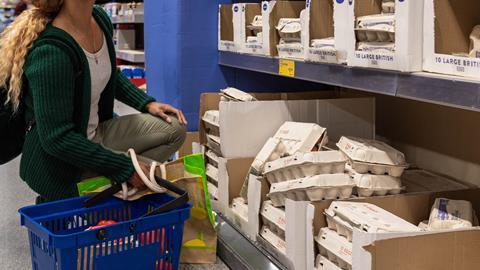
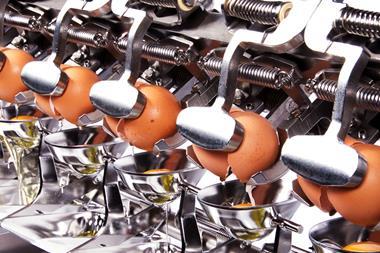
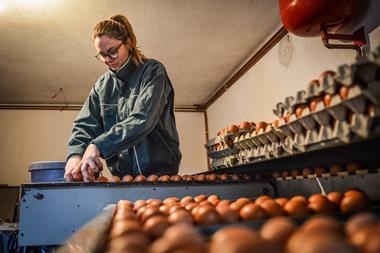
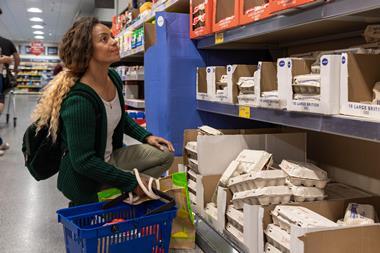
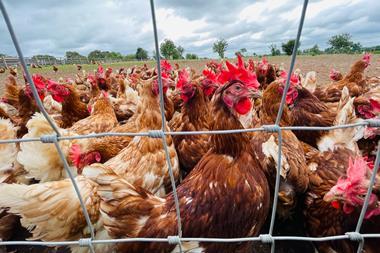
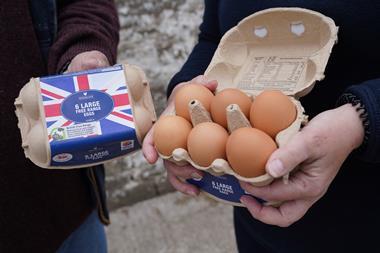







No comments yet